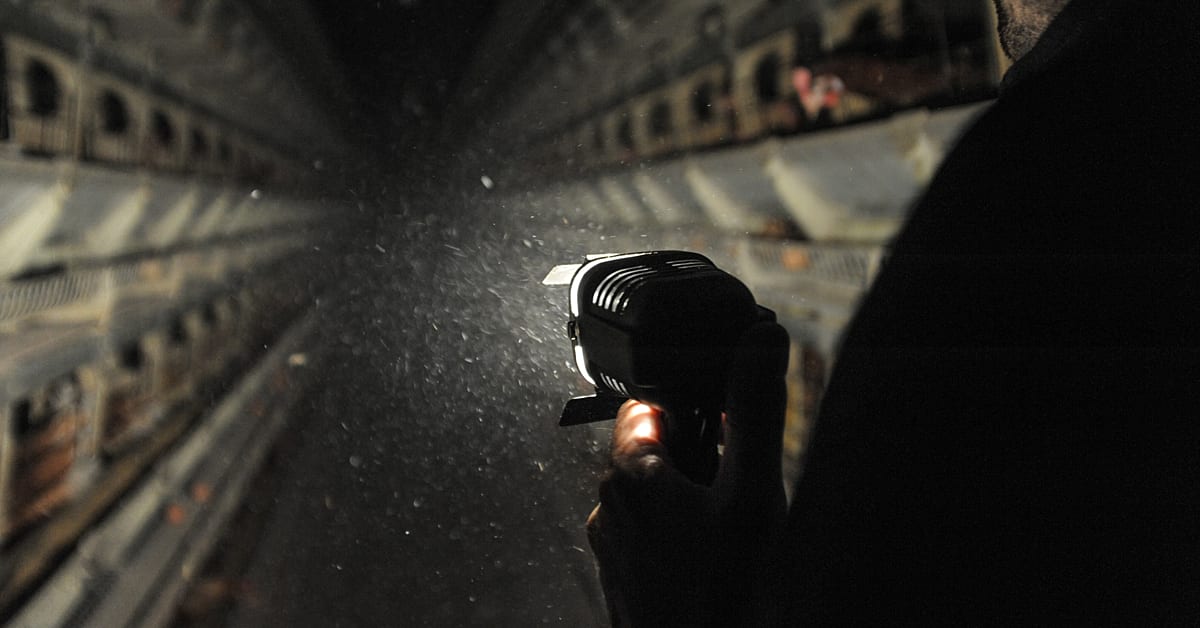Hi FAST folks!
My name is Lisa, and I'm the new(ish) Managing Director at We Animals. You may know us for Jo-Anne McArthur’s award-winning animal photojournalism or for our stock platform of more than 30,000 visuals available for free to anyone helping animals. You may not know that we’re also available to conduct investigations with or for other organizations!
Do you need strong visuals or photographic evidence to make your campaigns more compelling, but don't have the resources or infrastructure to do this well? That’s where we can help!
Compelling Visual Storytelling: Our team of experienced animal photojournalists specializes in capturing the reality of animals' lives. We create high-quality, impactful photos and video clips to support your campaigns and advocacy work.
Global Reach: Our founder Jo-Anne has been documenting animal stories since 2003 and over the last several years We Animals has built and mentored a global network of more than 120 extremely talented photojournalists to help us conduct investigations on any continent.
Our Assignment Services:
- Collaborations: We collaborate with NGOs and other advocacy groups on initiatives and campaigns that fall within We Animals’ areas of focus. You provide the local ground support, We Animals provides the photojournalists, and we share the costs and the content. Together, we increase the impact by releasing a campaign in tandem.
- Service Assignments: Our service assignments are project-based engagements designed to meet the needs of NGOs working on issues that either fall outside of our areas of focus, or where you prefer to have exclusive use of the content. This could include documenting evidence for a legal case, creating promotional materials for your organization or brand (yes, we do commercial work too!) or creating materials for your exclusive campaign. In this case, we produce the visuals, you cover the costs and we embargo the content until you’re ready to share.
Areas of Focus
At this time, we are especially interested in collaborating on projects focused on chickens, fish or crustaceans, and farmed animals in Asia and Latin America. (Don't let that stop you from reaching out with any inquiry about another topic!)
Chat With Us
If you're interested in working with We Animals, let me know! Reply to this email with a brief description of your project and I’ll be in touch shortly.
OR, to get the ball rolling even faster, tell us more about your campaign, your needs and your timeline by filling out this 2-minute form, and we’ll be in touch to let you know how we can help.
Yours,
Lisa
Image Credit: Jo-Anne McArthur / Animal Equality / We Animals Media




I am incredibly grateful for the personal statement writing help I received. Crafting a compelling and well-structured statement felt overwhelming at first, but the guidance and support I got made a huge difference. The team helped me highlight my strengths, align my goals with the program, and present my experiences in a clear, engaging way. Thanks to their expert feedback and edits, I felt confident submitting my application. I truly believe their help improved my chances of getting accepted. Highly recommend this service to anyone struggling with their personal statement—it's a game-changer!